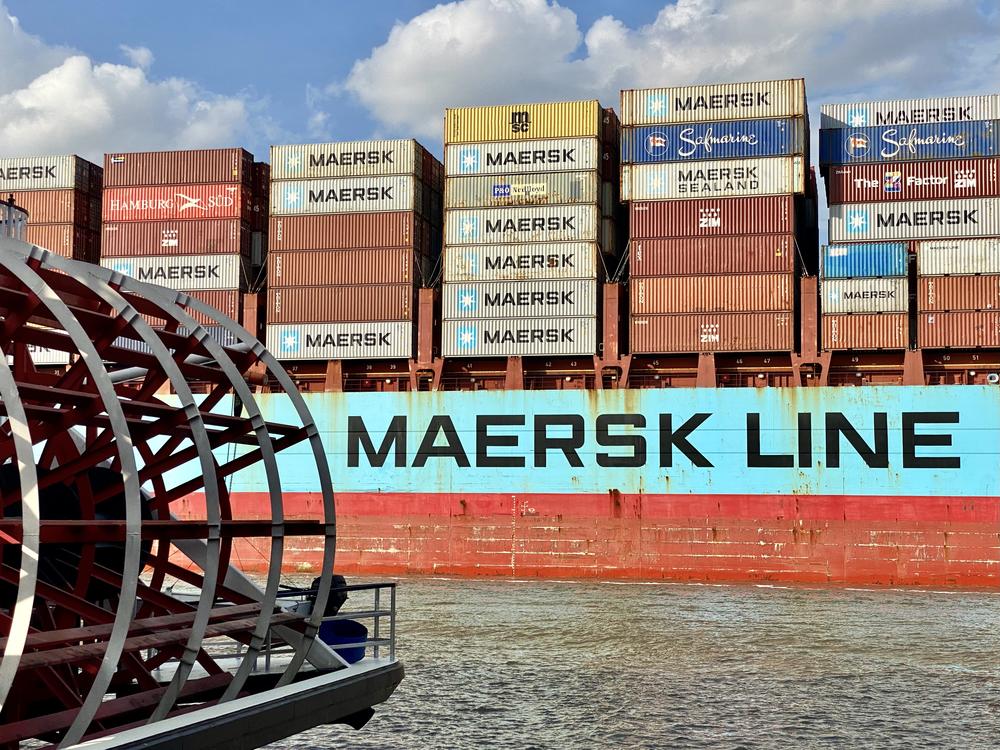
Section Branding
Header Content
Georgia Ports CEO ambivalent over future Trump tariffs' effect on U.S. trade
Primary Content
LISTEN: Georgia Ports Authority CEO Griff Lynch is sharing his thoughts on impending tariffs under the next presidential administration. GPB's Benjamin Payne reports.

The head of the Georgia Ports Authority is expressing uncertainty over what impact tariffs pledged by President-elect Donald Trump will have on U.S. trade.
Speaking to GPB on Monday after the agency's first board meeting since the November election, Georgia Ports CEO Griff Lynch said that it depends on what the Trump administration's goal is.
“If the goal is to create exports and production [and] manufacturing for the U.S., I think it won't have any impact in the near term,” said Lynch, who oversees Georgia's two seaports in Savannah and Brunswick. “In the long term, certainly it could drive growth to the U.S.”
Trump has said that he will impose a 10% tariff on Chinese imports, 25% on goods from Canada and Mexico, and possibly 100% on an alliance of nations known as “BRICS” (so named for its largest members, Brazil, Russia, India, China and South Africa — among nine total) if the group decides to create a new rival currency to the dollar.
Economists largely expect U.S. consumers will shoulder the cost, as tariffs are taxes paid by domestic importers rather than by foreign countries.
Lynch said that within months of the tariffs being imposed, “source shifting” is likely to be undertaken by importers in order to keep costs down.
“So, you could have Southeast Asia growing more or India growing more, depending on what their tariffs are,” he said. “That change could happen more quickly.”
Adding to the uncertainty of trade at Georgia ports: the impending expiration of East Coast dockworkers' contract on Jan. 15, just five days before Trump is set to take office.
“I think these next few weeks will be very important to see what's reported out of the meetings that hopefully will be arranged before Christmas,” Lynch said, referring to negotiations between the International Longshoremen's Association and an alliance of East Coast ports known as USMX.
The Jan. 15 deadline, he said, could be pushed back if “productive” discussions occur between now and then.
Regardless, many East Coast ports have already seen less traffic, as exporters divert cargo to West Coast ports, which are not staffed by ILA workers.
“We want to see the East Coast and Gulf prosper,” he said. “And I can tell you that the local ILA are doing a great job and they are putting up the numbers [with a] great attitude.”
Cargo traffic through October is up 12% at Georgia ports over the same time last year, despite work stoppages this past fall during Hurricane Helene and the three-day ILA strike.

